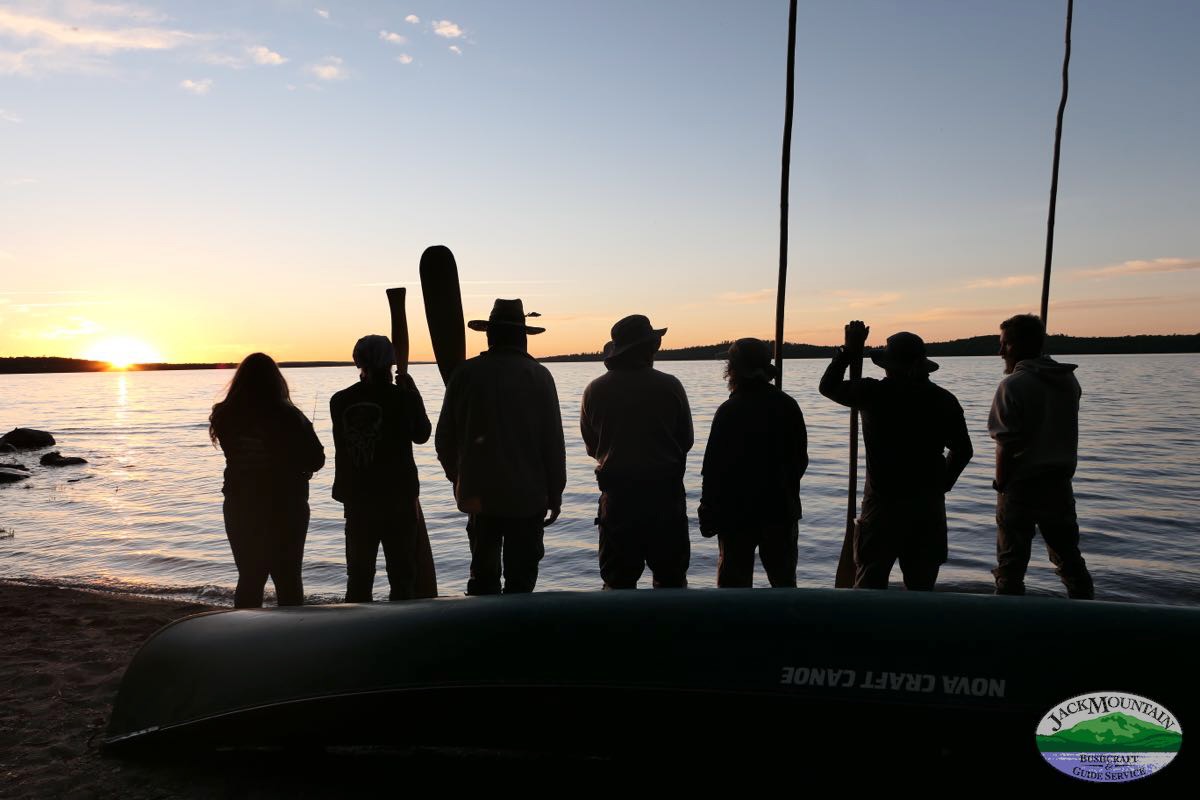On our long-term programs, we are working to train participants to be self-sufficient. Both in camp and when we’re out on the trail, we do this by traveling solo together. The idea here is that we expect everyone to pull their own weight, police their own gear, plan and prepare their own meals, have their own stuff, and conduct themselves in such a manner so that they could be having the experience by themselves. We travel as a group for camaraderie and safety, not to take care of one another. In training to be a guide or instructor in the backcountry, this is important. The first step toward learning to take care of others in the backcountry is learning how to take care of yourself.
Years ago on immersion programs we used to plan and pack meals for the group. What we ran into was that some people would never learn how to take care of themselves, choosing instead to ride along on the goodwill of the group. I saw it as a big negative that someone could complete one of our programs and still not be able to provision and cook for themselves. Another common occurrence during those days was that certain people who had nurturing personalities would end up taking care of others who were unprepared. It wasn’t necessarily a negative thing, but those who were unprepared were never met with the consequences of their lack of preparation. Because these individuals were consistently bailed out of experiencing any hardship, the underlying lessons were not learned.
These days, we travel solo together. People are expected to be prepared. We spend a lot of time during the Wilderness Bushcraft Semester on expedition planning, meal planning, packing food, making sure the waterproof systems when canoeing are working, and more like this. This isn’t to say that we don’t share food or ever make group meals, but the expectation is that everyone is learning to have everything they need in order to make the experience a success.








